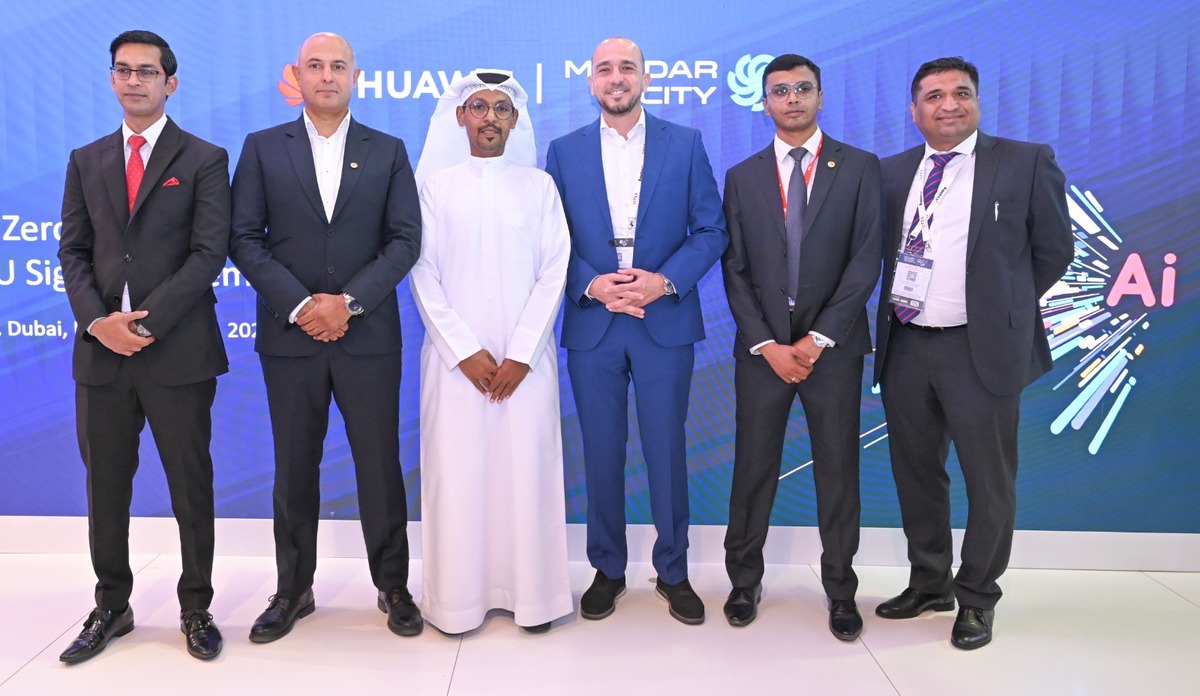Masdar City and Huawei join forces to accelerate net-zero


"We are delighted to announce our partnership with Masdar City to accelerate the UAE's journey to net zero," said Safder Nazir, senior vice-president, Public Sector, Huawei Middle East and Central Asia. "Through this MOU, we aim to empower knowledge-sharing, promote the drive toward carbon-conscious ICT to reduce tech-related carbon emissions, and promote Huawei's Net Zero Campus Framework. We recognize that technological innovation plays a crucial role in sustainable development, and this collaboration with Masdar City will set a benchmark for the cities and campuses of the future.
In addition to optimizing existing ICT systems at Masdar City, Huawei will advise on Masdar City's upcoming Command and Control Center, which will feed data related to energy, water, and waste management in all Masdar City-owned buildings to a central location. This will allow facilities managers to monitor and improve building performance in real-time.
Masdar City will look for opportunities to amplify Huawei's Net Zero Campus Framework, launched earlier this year to support organizations that wish to decarbonize. The Huawei Net Zero Campus Framework recommends a stepwise approach towards a net zero campus. This could begin with addressing campus operations, along with net-zero energy development.
A smart campus solution supports a collaborative work environment, while a net-zero energy campus implements key energy initiatives such as reducing energy consumption, generating energy onsite, and actively managing energy consumption and energy trading. The net-zero-carbon campus strives for a net-zero balance between the carbon emitted into the atmosphere and the carbon removed from it.
Al Breiki signed the MOU on behalf of Masdar City, while Nazir signed the agreement for Huawei.
"We have always known that technological innovation helps drive sustainable development," said Al Breiki. "This new partnership will be a powerful enabler for decarbonization. We look forward to setting an even higher benchmark for how cities of the future will operate."




































